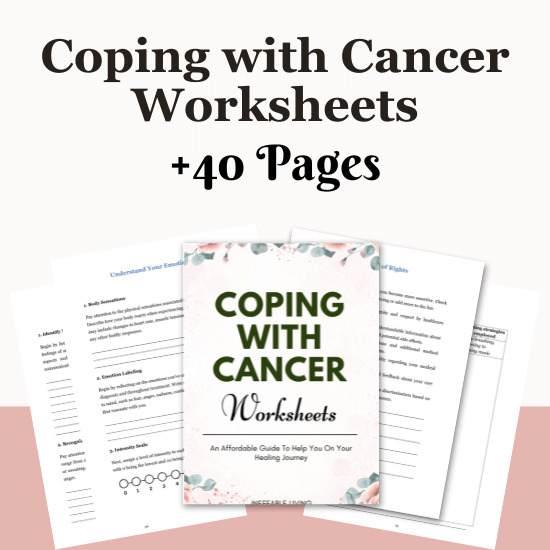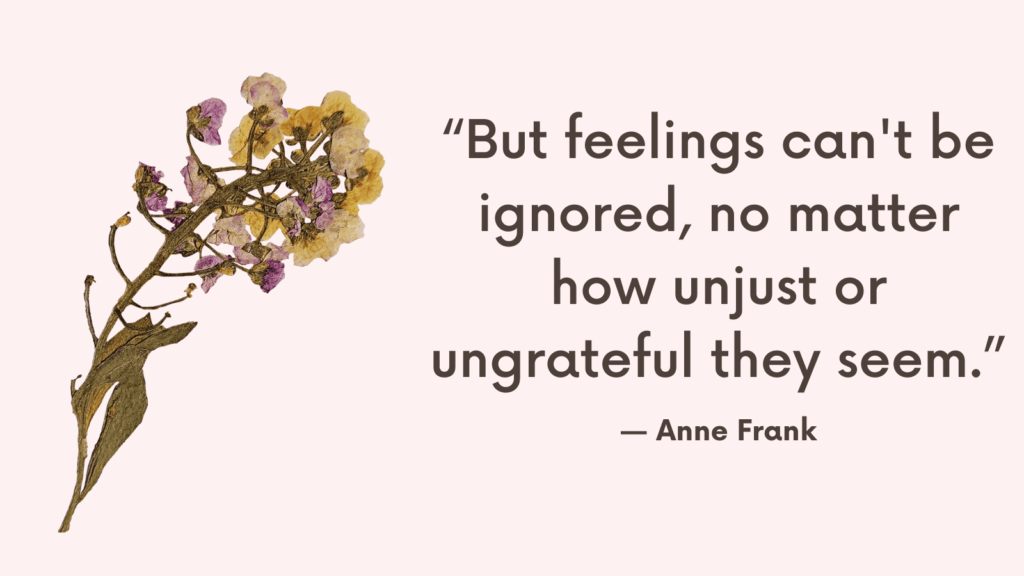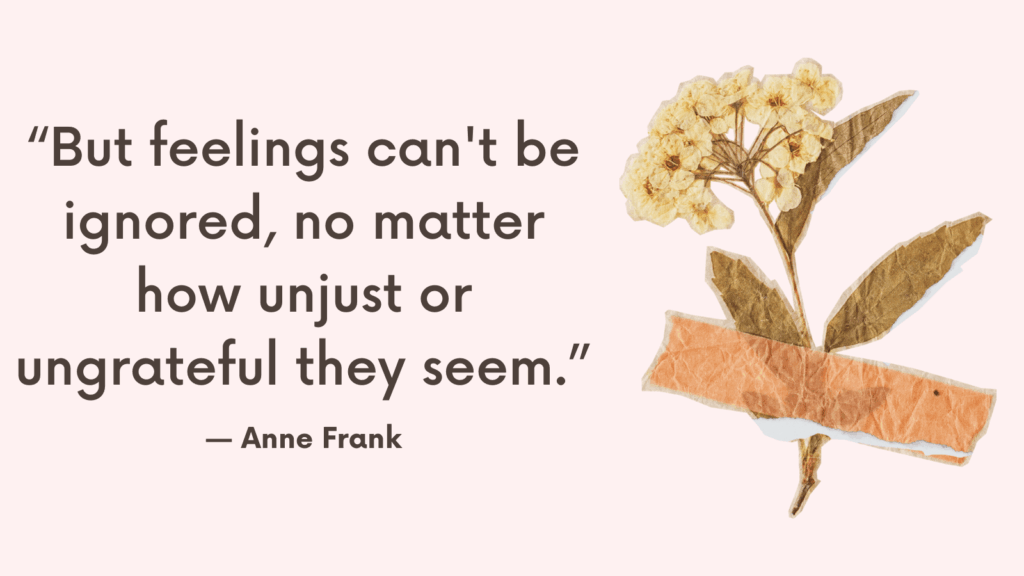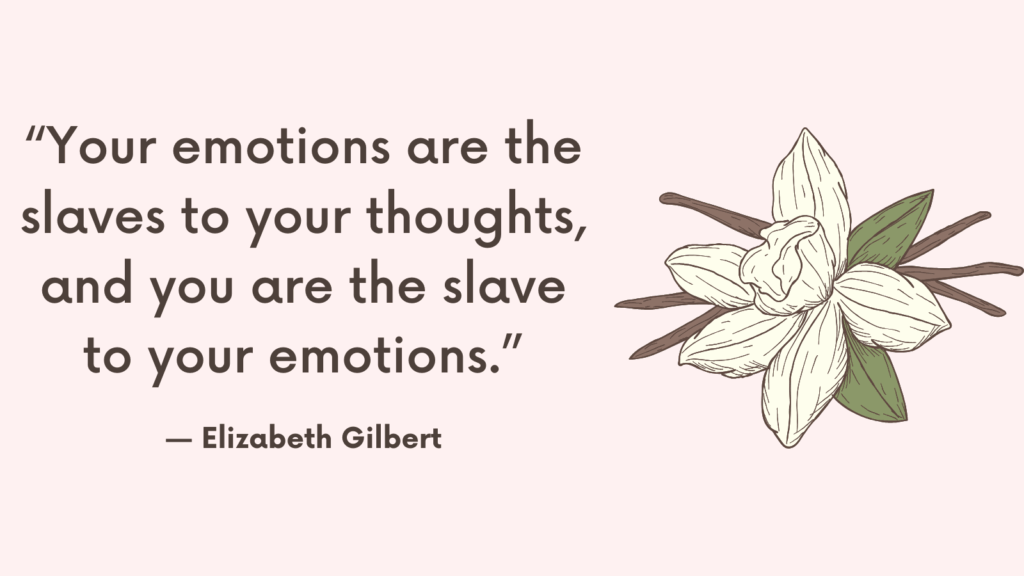Living with a terminal illness is a journey no one is ever fully prepared for. The body changes. Time feels different. Emotions come in waves—grief, fear, acceptance, even moments of joy. And yet, peace is still possible. Not the kind that denies the pain, but the kind that holds it gently. Peace doesn’t mean you stop feeling—it means you begin to feel safe inside what’s real. Here are quiet, compassionate ways to find peace while living with a terminal illness.
When Life Changes in an Instant
A terminal diagnosis can arrive like a wave that knocks everything over—your plans, your sense of control, even your identity. Time begins to feel like it has a different weight. Ordinary moments become sacred. Priorities shift, and so does your understanding of peace.
This journey is filled with questions:
How do I live with this?
How do I tell the people I love?
How do I find peace, when the end feels closer than I ever imagined?
These aren’t questions with easy answers. But they are questions that invite something deeper: presence, clarity, and the possibility of a different kind of peace. One that doesn’t deny reality—but holds it with grace.
What Peace Doesn’t Mean
Peace doesn’t mean you’re no longer scared.
It doesn’t mean you’re always calm, positive, or accepting.
It doesn’t mean you’ve figured everything out.
It simply means you’ve stopped resisting the truth of what is—and started letting each moment matter more than the fear of what’s coming next.
Why Inner Peace Feels So Elusive
Living with a terminal illness can bring:
- Emotional waves of fear, grief, and uncertainty
- Physical symptoms that limit your energy and mobility
- Well-meaning people who say all the wrong things
- A sense that life is happening faster than you can process
It’s easy to feel overwhelmed, uprooted, or emotionally scattered. That’s why finding peace is not about ignoring these realities—it’s about finding ways to breathe through them.
Peace Is Not Passive
Peace is not waiting for things to feel better.
Peace is something you practice.
It is a series of choices. Small. Intentional. Daily.
You don’t arrive at peace—you create space for it.
Here are 10 ways to begin.
10 Ways to Find Peace While Living With a Terminal Illness
1. Let Go of the Pressure to Be Brave All the Time
You don’t need to be a warrior or stay positive every moment. Peace begins when you allow yourself to be real—tired, scared, angry, grateful, all of it. You are allowed to just be.
2. Find a Rhythm That Honors Your Energy
Forget rigid schedules. Create gentle rhythms: rest, nourishment, fresh air, music, silence. Let your days move in ways that feel spacious, not demanding.
3. Spend Time With People Who Let You Speak Freely
Choose the ones who don’t flinch at your truth. Who let you cry or laugh without needing to fix it. Peace grows in the presence of honesty and non-judgment.
4. Create Beauty in Small Ways
Arrange flowers. Light a candle. Listen to your favorite song. Paint, cook, write a letter. You don’t have to create something big—just something meaningful.
Related: How to Protect Your Mental Health After a Cancer Diagnosis?
5. Practice Moments of Stillness
Even a few quiet breaths can bring peace. Sit outside. Close your eyes. Listen to the wind, your breath, your heartbeat. Let life slow down—even for a minute.
6. Talk About What Matters Most
What do you want to be remembered for? What do you want to say? What gives your life meaning? Sharing this—whether in conversation, writing, or prayer—can bring emotional clarity and peace.
7. Surround Yourself With Familiar and Comforting Things
Photos, soft blankets, favorite smells, favorite books, your own music. These small comforts help anchor you in safety and presence.
8. Don’t Wait to Say the Important Things
Say “I love you.” Say “I’m scared.” Say “thank you.” Say what needs to be said—so you carry less on your chest and more in your heart.
Related: You’re Not Just Tired: Understanding Cancer-Related Depression
9. Seek Spiritual or Emotional Grounding—Whatever That Means to You
Peace might come from prayer, meditation, nature, or simply sitting with a trusted friend. You don’t have to have all the answers—just a space to rest in something bigger than fear.
10. Give Yourself Permission to Rest Without Guilt
You are not “wasting time” by resting. You are listening to your body. Let go of the pressure to make every moment productive. Peace is often found in stillness.
Related: 10 Gentle Ways to Start End-of-Life Planning

Conclusion
Peace doesn’t mean the illness goes away. It means your inner world softens, even when your outer world is uncertain. It means you are choosing presence over panic, honesty over pressure, and love over fear—again and again. No matter where you are in this journey, you still have the right to comfort, calm, and connection. Peace is not beyond you—it’s within you. One breath at a time.



